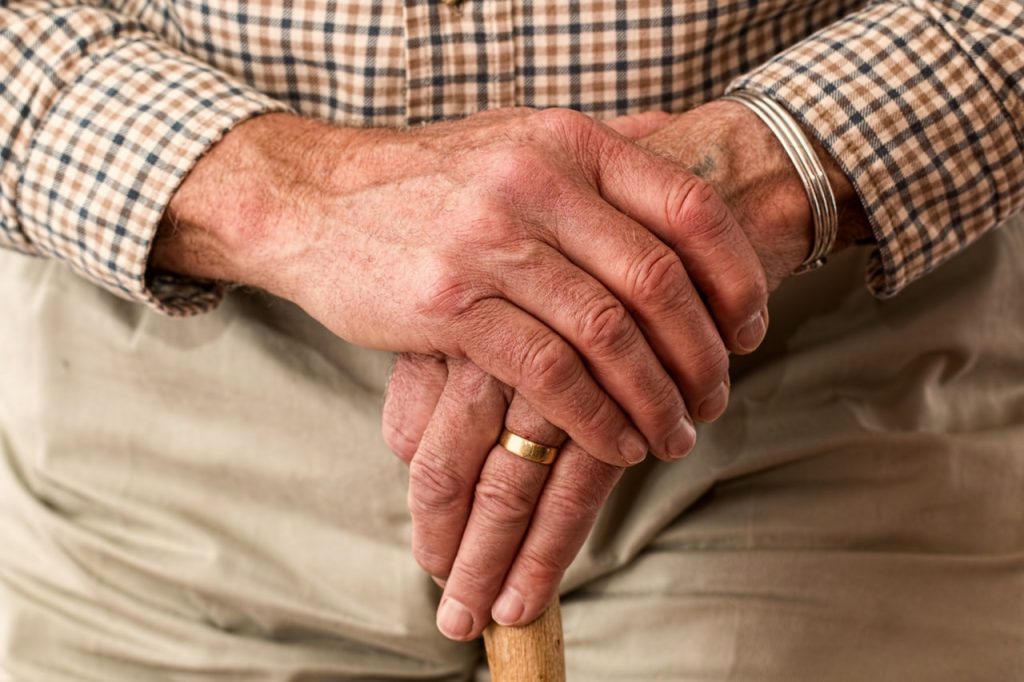Caring for an aging family member or friend can be a great experience, but it can also come with a lot of worries, hard work, and stress. Make the process go as smoothly as possible by taking care of potential issues before they happen.

Optimizing Nutrition and Safety
Plan ahead
- Investigate services in your area so you know what is available. Assist with the application or enrollment process, as needed.
Reduce risks
- Label chemicals and medications clearly or lock up if needed.
- Watch for food safety issues.
- Remove expired food in the fridge.
- Be sure your family member or friend can safely reheat food and/or safely prepare raw meat.
- Remove or disable cooking equipment that poses safety risks.
- Consider a medical-alert bracelet.
Monitor nutrition and hydration
- Watch for weight loss and dehydration.
- Make a grocery list with your family member or friend and help with shopping.
- Keep an eye on their refrigerator. If food is piling up and going bad, they could be forgetting to eat, or avoiding food preparation.
- See a Registered Dietitian (RD), especially if your loved one has a health condition like heart disease or diabetes. An RD can help determine the best dietary plan for your loved one.
Make sure you take care of yourself
- It is important to accept that you cannot do everything. Your physical and mental health is a priority too! Adult caregivers often have their own lives, families, and even health problems of their own. Giving yourself a break will make you a much happier, healthier, and less resentful caregiver, all of which will benefit your aging family member or friend.
- Look to family and friends for help, even if just for a few hours. There are also many services in the community that can help, such as adult day care, companion services, home health care, meal delivery services, or respite stays in a nursing facility.
Did You Know?
Older adults will often respond better to changes when they feel that their preferences and wishes are honored. Help your aging family member or friend retain his or her dignity by allowing them to make as many decisions as possible:
- What to eat and when
- What to drink
- What diet to follow
- What to wear
- Which medical care they want
- How to spend their day
- Who to spend their time with
No matter how “good for them” any decision might be, it will likely go over much better if they agree to it. Involve them in decision making and try to make small changes instead of drastic ones.

